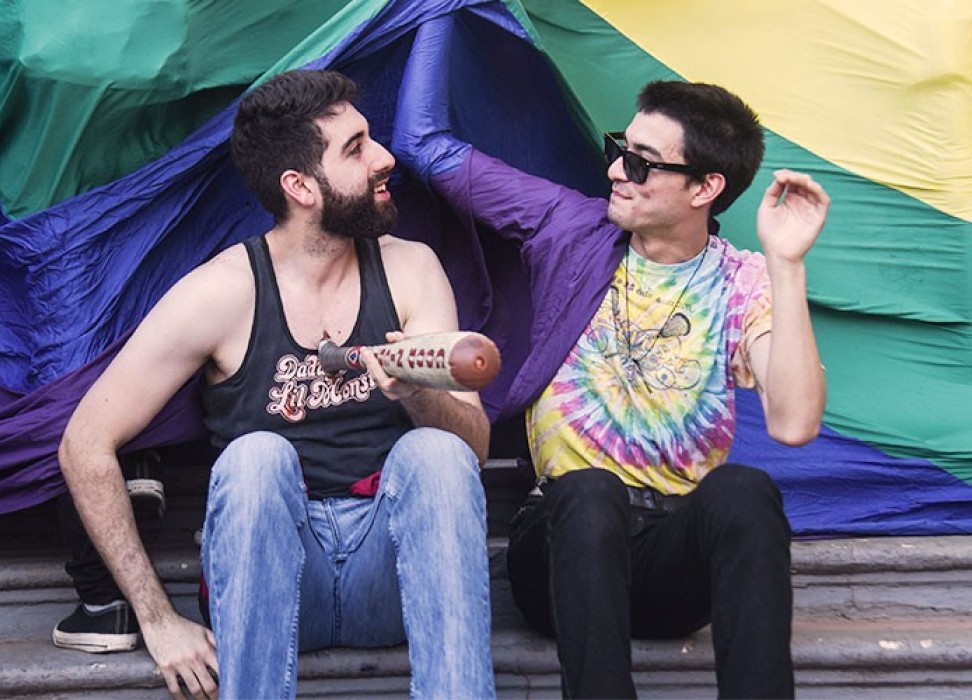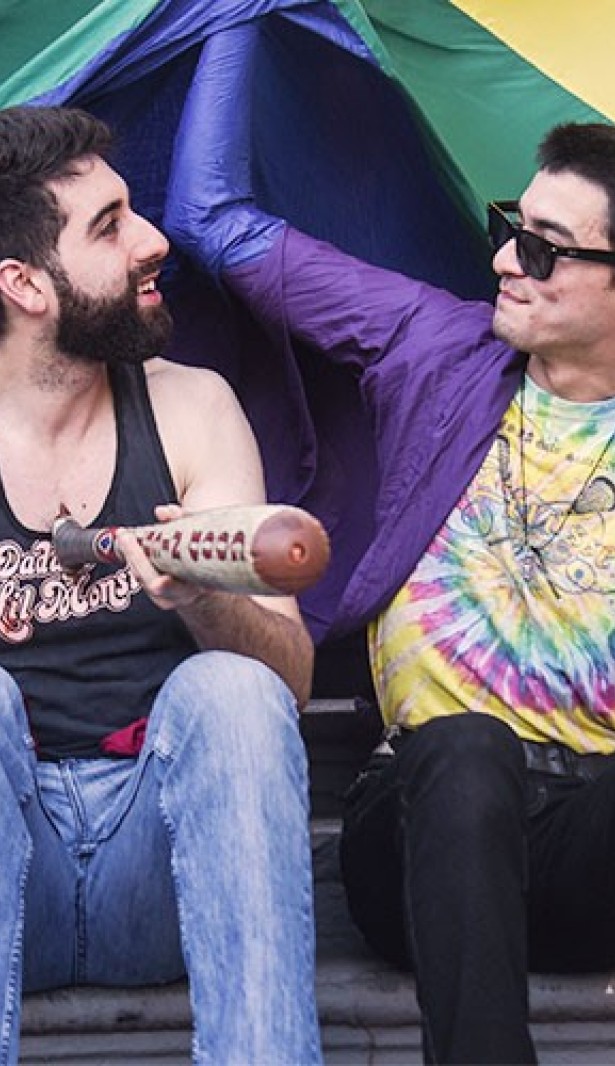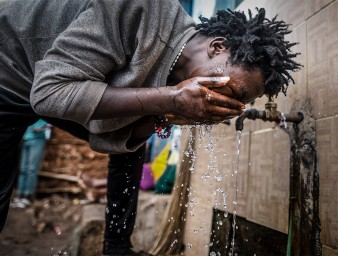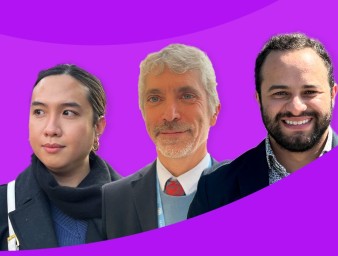‘Conversion therapy’ can amount to torture and should be banned says UN expert
13 July 2020

LGBT persons endure severe pain and long-lasting psychological and physical damage because of so-called ‘conversion therapies’, UN expert on sexual orientation and gender identity, Victor Madrigal-Borloz tells the Human Rights Council. He calls for a global ban.
Speaking at the Human Rights Council where he presented his latest report, the UN Independent Expert on sexual orientation and gender identity, Victor Madrigal-Borloz, called on States to “work together to institute a global ban on practices of conversion therapy.”
The expert added that these practices are “inherently discriminatory, that they are cruel, inhuman and degrading treatment, and that depending on the severity or physical or mental pain and suffering inflicted to the victim, they may amount to torture.”
‘Conversion therapy’ describes interventions that purport to achieve a change in a person’s sexual orientation or gender identity, and thus claim to aim at changing people from gay, lesbian or bisexual to heterosexual, and from trans or gender diverse to cisgender - meaning whose gender identity corresponds to the sex they were assigned at birth.
“Practices of conversion therapy are rooted in the belief that persons of diverse sexual orientation and gender identity are somehow inferior, either morally, spiritually or physically because of their orientation or identity, and that they must modify that orientation or identity to remedy that inferiority,” Madrigal-Borloz said.
In his report to the Council, he identifies three main approaches in the practice of ‘conversion therapy’: psychotherapeutic interventions based on the belief that sexual or gender diversity steams from an abnormal upbringing or experience; medical practices rooted in the theory that sexual or gender diversity is an inherent biological dysfunction; and faith-based interventions that act on the premise that there is something inherently evil in diverse sexual orientations and gender identities.
Acts of physical, psychological and sexual abuse, electrocution and forced medication, isolation and confinement, verbal abuse and humiliation are all examples pointed out by Madrigal-Borloz of methods applied to attempt conversion.
A recurrent method used is aversion through which a person is subjected to a negative, painful or distressing sensation while being exposed to a stimulus connected to their sexual orientation.
Interventions can also rely on pharmaceutical approaches, such as medication or hormone or steroid therapy. The expert gives examples where individuals who inevitably fail at ‘converting’ their sexual orientation will often be pressured to undergo gender-affirming surgery, in the belief that it will neutralize their orientation.
Victims of ‘conversion therapy’ can also be submitted to the tenets of a spiritual advisor and subjected to programmes to overcome their ‘condition’. Such programmes can include anti-gay slurs, beatings, shackling, food deprivation and even exorcisms.
“Practices of conversion therapy are not only ineffective, but they can also be extremely harmful. They often lead to pain and suffering that will last far beyond their occurrence, leaving indelible scars on a person's body and mind,” Madrigal-Borloz said. “The combined effects of feeling powerless and extreme humiliation generate profound feelings of shame, guilt, self-disgust and worthlessness, which can result in a damaged self-concept and enduring personality changes.”
Private and public mental healthcare providers, faith-based organizations, traditional healers and State agents have been identified by the expert as the perpetrators of ‘conversion therapies’. Those who promote those so-called therapies include family and community members, political authorities and other agents.
State officials, such as judges or police officers, may order “conversion therapy”, even when not explicitly stipulated by law. It is also done through public policy. He provides examples of countries that have adopted plans to curb behaviours perceived as immoral, including same-sex behaviour, and specifically promote practices of “conversion therapy”, including through university programmes.
For the expert, children and young people are particularly vulnerable as early exposure to such interventions is associated with anxiety, depression, post-traumatic stress disorder, suicidal ideation and suicide attempts.
“The decision to subject a child to conversion practices can never truly be in conformity with a child’s best interests,” Madrigal-Borloz said. “Parents must make decisions for their children under the premise of informed consent, which entails knowing the practice’s true nature, its inability to actually achieve ‘conversion’, and the mounting evidence pointing towards its long-term physical and psychological harm.”
In 2012, the Pan American Health Organization noted that ‘conversion therapies’ had no medical justification and represented a severe threat to the health and human rights of victims, and in 2016, the World Psychiatric Association found that “there is no sound scientific evidence that innate sexual orientation can be changed.” In 2020, the Independent Forensic Expert Group declared that offering ‘conversion therapy’ is a form of deception, false advertising and fraud.
13 July 2020
Independent expert on sexual orientation and gender identity
Read of a summary of the report on ‘conversion therapy’ English | French | Spanish | Portuguese (PDF)




